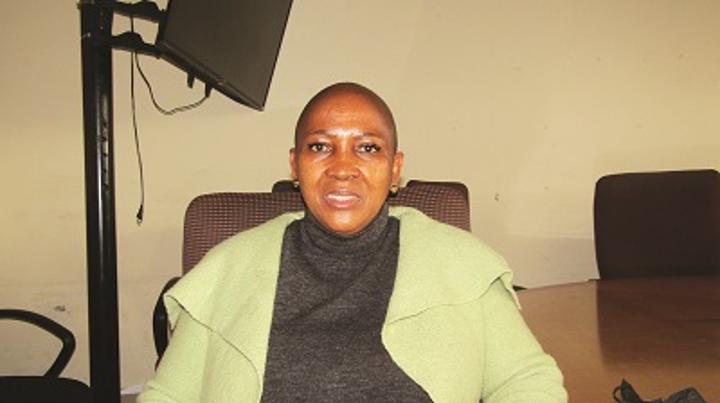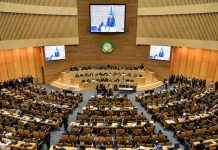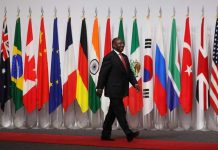Africa-Press – Lesotho. The first seven weeks of August are earmarked as the World Breastfeeding Week (WBW), which aims to raise awareness on the huge benefits that breastfeeding can bring to both the health
and welfare of babies, as well as a wider push for maternal health, focusing on good nutrition, poverty reduction and food security. For the year 2021, World
Alliance for Breastfeeding Action (WABA) has selected the theme: “Protect Breastfeeding: A Shared Responsibility”. The theme is aligned with thematic area of the WBW-SDG (Sustainable Development Goal) 2030 campaign which
highlights the links between breastfeeding and survival, health and wellbeing of women, children and nations. The event is organized every year by the World Alliance for Breastfeeding Action (WABA), a global
network that aims to protect, promote and support breastfeeding around the world. Along the way, it works with the World Health Organization and United
Nations International Children’s Emergency Fund (UNICEF) to get its aid to the right people in the right communities. For the commemoration of this special week Informative Newspaper had an interview with the Ministry of
Health Nutrition Manager Lisemelo Seheri, who informed that in 2020 they were not able to celebrate the week due to the advent of Covid-19, she said they
were bothered hence they were unable to do any preparations and initiatives except for the interviews they had. “This year we intended to record the speech by our Breastfeeding Patron Queen ‘Masenate Mohato Seeiso,
the speech will play on national television and radio. We also have important information written on our social media platforms on breastfeeding, we are
going to send SMSs through UNICEF, that will advocate for breastfeeding throughout the month so that it could reach a wide number of youth and women, we also have health workers in the districts who educate and encourage women about
breastfeeding in villages, more especially in the era of Covid-19, we saw a need to educate them as our research revealed that most women had stopped breastfeeding with the fear that the Covid-19 virus will pass onto their
babies, so we have to assure them that Covid-19 is not transmitted through breastfeeding and give proper guidance in terms of breastfeeding,” Seheri stated.
The Nutrition Manager noted that they realized that breastfeeding statistics are declining worldwide hence the theme ‘Protect Breastfeeding; A Shared Responsibility’.
“We encourage breastfeeding for at least six months of life in all right proportions because the mother’s milk provides optimal
nutrition for babies as it has right amount of nutrients and is readily available, it protects against allergies, sickness and obesity, protects against diseases like diabetes and cancer, infections like ear infection.
Also it is easily digested, causes no constipation, diarrhea or upset stomach. For mothers who think breastfeeding is outdated, especially young women, we motivate and
provide education on the benefits of breast milk, during the first days after breast produce a thick and yellowish fluid called colostrum, which is high in
protein, low in sugar and loaded with beneficial compounds. It is truly a wonder food and not replaceable by formula,” Seheri explained. She extended that one
other challenges they come across is, some women choose not to breastfeed their babies, not because they can afford the formula but on the contrary, they are
less privileged. She said in that case they reassure family members to encourage the mother to breastfeed. “As to encourage effective breastfeeding, we inform mothers that they could save medical expenses as breast milk is loaded
with antibodies that help the baby fight off viruses and bacteria which is critical in those tender early months. We make them conscious that formula does
not provide antibody protection for babies, provide evidence of studies that show babies who are not breastfed, that are more vulnerable to health issues
like pneumonia,” Seheri said and emphasized that breastfeeding contributed a lot to the weight loss post pregnancy. She said it also helps the uterus contract as during pregnancy the uterus grows immensely, adding that mothers
are at low risk for depression, getting ill and save time and money for medical care. Seheri stated that despite a number of reasons mothers may site for not breastfeeding, it remains highly
recommended. Pregnancy and lactation are vulnerable time for working women and their families. “Expectant and nursing mothers require special protection to prevent harm to themselves or their
infants’ health, and they need adequate time to give birth, to recover, and to nurse their children. At the same time, they also require protection to ensure that their jobs are not jeopardized because of pregnancy or maternity leave,” Seheri recommended.






